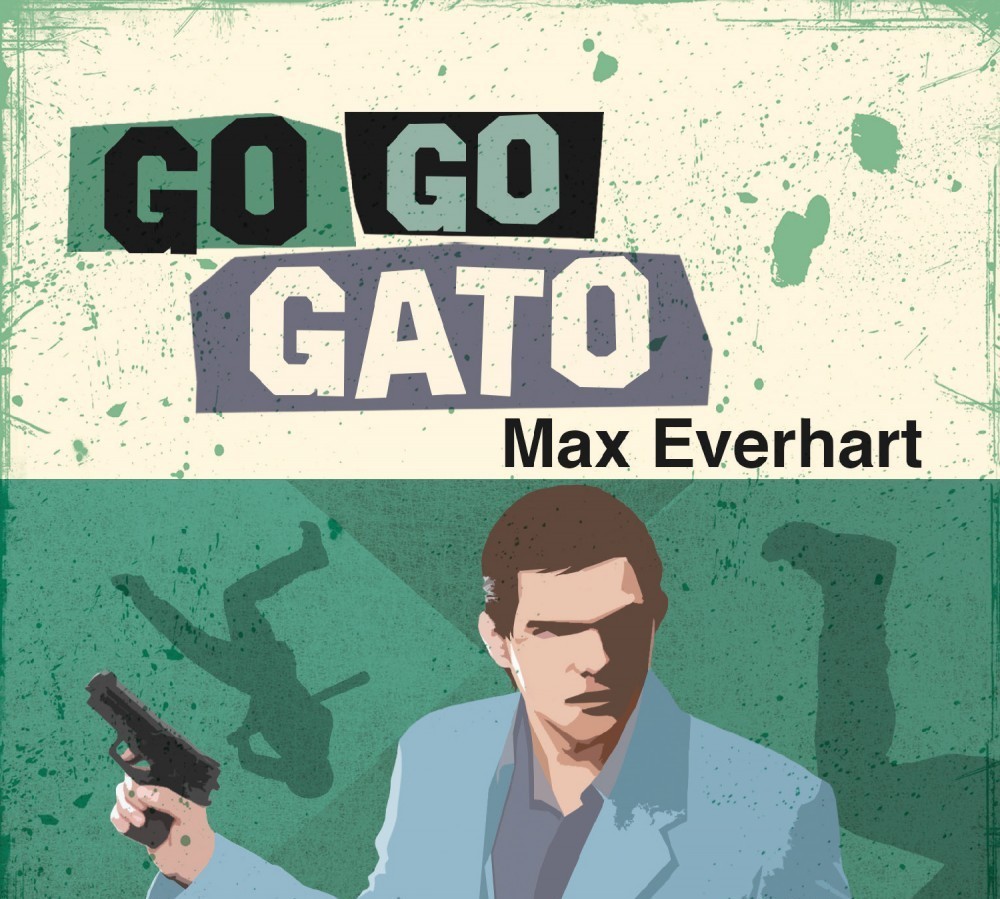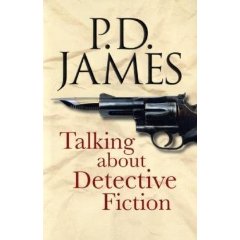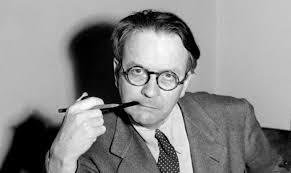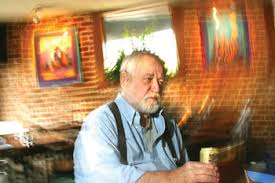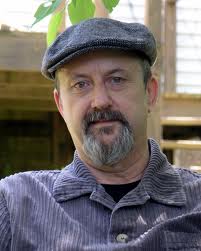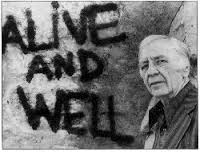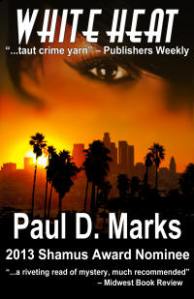Aside from digging her work, particularly the Commander Adam Dalgliesh books, James has many brilliant insights on both British detective stories by Sir Arthur Conan Doyle and Dorothy Sayers as well as American hard-boiled fiction by Raymond Chandler and Ross MacDonald. Anytime a master of the genre writes what amounts to a How To Write and/or Interpret Great Detective Fiction book, a mystery novelist would be well-advised to read and take notes. . .which I did. I’ve cobbled together my favorite bits below.
James on using setting, from pages 129-131:
Place, after all, is where the characters play out their tragicomedies, and it is only if the action is firmly rooted in a physical reality that we can fully enter their world…the setting is where these people live, move and have their being, and we need to breathe their air, see with their eyes, walk they paths they tread and inhabit the rooms the writer has furnished for them.
James on Raymond Chandler’s contributions to the detective genre, from page 86:
He showed crime writers that what is important goes beyond an ingenious plot, mystery and suspense. More important are the novelist’s voice, the reality of the world he creates and the strength and originality of the writing…he rejected the editor’s insistence in cutting out all descriptions on the grounds that the readers disliked anything that held up the action.
James on serial detectives, from page 153:
A serial detective has…particular advantages: an established character who does not have to be introduced afresh with each novel, a successful career in crime-solving which can add gravitas, an established family history and background and, above all, reader identification and loyalty.
James on why readers are drawn to mysteries, from page 14:
(Mysteries–my word) provide not only the satisfaction of all popular literature, the mild intellectual challenge of a puzzle, excitement, confirmation of our cherished beliefs in goodness and order, but also entry to a familiar and reassuring world in which we both involved in violent death and yet remain personally inviolate both from responsibility and from its terrors.
Bottom line, this book offers a treasure trove of great stuff, and it would be enjoyable for the avid mystery reader and educational for any mystery novelist, whether aspiring or already established. Often when you read a non-fiction book by a fiction writer, you can see why the writer’s novels are so good, and Talking About Detective Fiction is an excellent example of that.
